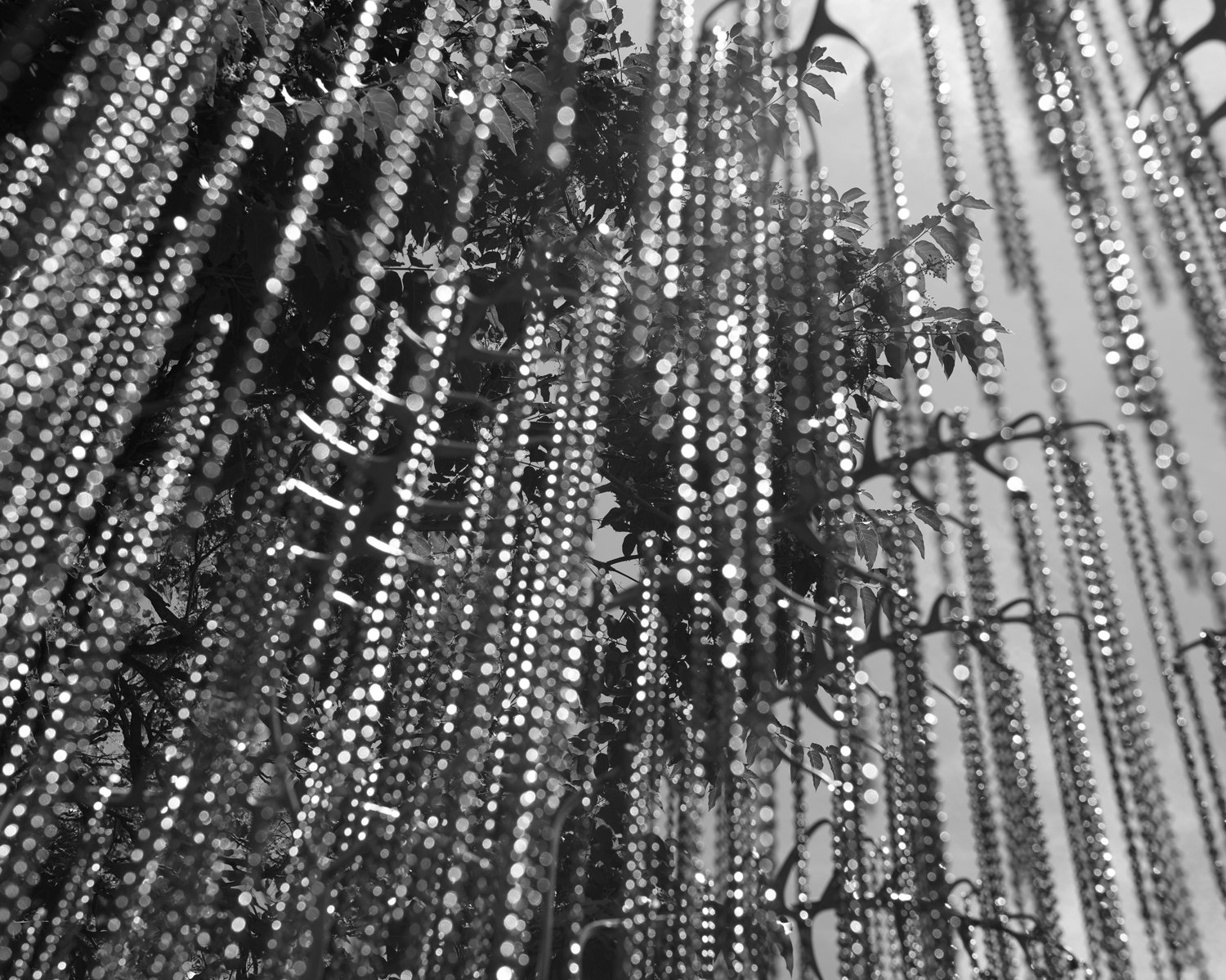Petrichor
“Place and a mind may interpenetrate
till the nature of both is altered.”
—Nan Shepherd
Full statement below. Click to view full image.
This is a story about scent and place, about time and interconnectedness. This could be a story about loss.
pet·ri·chor: a pleasant, earthy scent that often accompanies rain after a warm, dry period. The word is constructed from Greek petros, "stone", and īchōr, the ethereal fluid—or, “Blood of the Gods”—said to flow in the veins of the Greek gods.
In the bioregion where I live, in the high desert southwest of the United States, the scent of petrichor in the spring is intoxicating and perfumed with the land. It is heady and complex and the phrase “blood of the gods” doesn’t seem hyperbolic once you’ve experienced it. As dwellers in arid regions know, it's an aroma that stirs joy and hope in equal measure. As the effects of climate change and drought conditions worsen, so does the intensity of our relief with each rain.
Of all our senses, olfaction is the most direct pathway to the center of the brain. It takes only two synaptic connections for scent molecules to reach our cortex. Our sense of smell is subconscious, precognitive and emotional—it is the sense that conjures memory and knowing. In the case of petrichor, the aromatic result of rainfall and its life-giving qualities, we are evolutionarily hardwired to have a poignant response to its scent.
Scientifically, petrichor is the result of raindrops aerosolizing the secretions of soil-dwelling bacteria and plants. The compound geosmin—to which the human nose is acutely sensitive—gives petrichor its musty, earthy scent. Terpenes from plant oils give a fresh, balsam aroma. Displaced by the force of the rain and carried in tiny bubbles, these molecules rise from the earth to our noses, directly to our brains. It is, in every sense, the aroma of place and informs our connection to the land.
Far more complex than a meteorological event; petrichor reveals a kinship to place that links back through time—geological and corporeal. It mediates between the land and our bodies as a visceral reminder that we are not separate from our environment. It allows us to not only imagine the future through natural systems, but to also anticipate alternate versions. Be they fertile or foreboding.


























